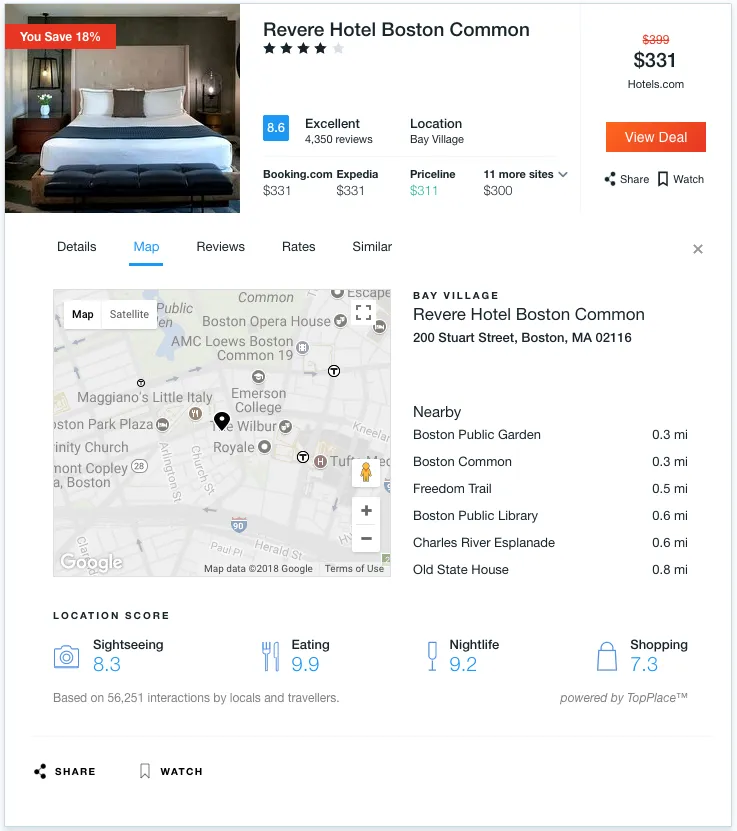
Ever booked a hotel, online? Of course, you have! Most online travel and accommodation platforms have some information regarding the hotel, its location and maybe how far it is from the city center, biggest attractions in the city, etc – you get the idea. But how popular is the location? Is it the best place for nightlife? Sure, you can pan around and check the area for restaurants and other points of interest but there has to be a better way than that! How do you tap into the knowledge of locals to save our time the next time we book a hotel on the internet? There is! See it in action below 🙂
We are super excited to talk to the Alexis Batlle, the CEO of AVUXI – the startup that is making our lives a lot easier by creating what they call a “GeoPopularity ranking“. Read on!
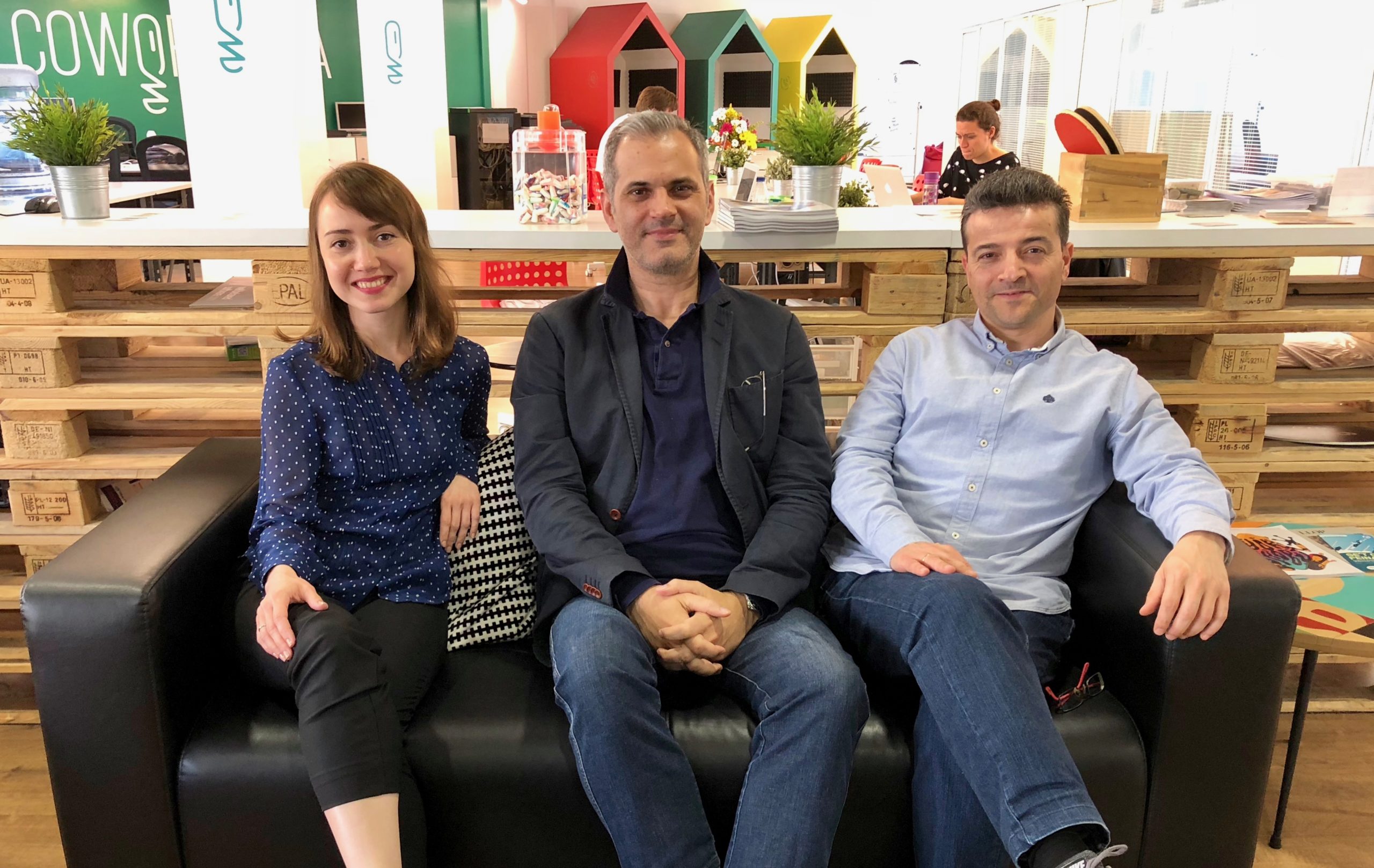
The team behind AVUXI: Sofia Yuvilova – Head of Customer Success (Left), Alexis Batlle – Co-founder and CEO (Centre) and Roberto Abril – Co-founder and CTO (right)
Let’s hear what Alexis has to say about AVUXI and their quest to create “the map of human interest in locations” in this second article of #TheNextGeo series.
Q: Let’s dive straight into it. You mentioned that you had to travel quite a bit in your previous role and that it played a major role in you wanting you to start AVUXI. Could you tell us more about it?
A: Before starting AVUXI I was the CEO of a mobile payments company operating in 5 countries. I had to travel very frequently and on short notice. Every time I travelled there was never enough time to learn about the destination city in detail. Where to stay to experience the most interesting vibes of the city? Upon arrival, it always took a while to learn what were the interesting areas. Usually that understanding came about just before leaving, after spending time randomly going in the wrong directions and then realizing that the most interesting areas were missed.
Q: AVUXI is an interesting name for a startup. What does it mean?
A: AVUXI came as an acronym from the work project name “Augmented Visual User eXperience and Information”, but it also relates to it’s Finnish roots (the project was started in Finland). In Finnish language “avuxi” is a commonly used slang version of “avuksi”, which means “to your help”.
Q: You mentioned that AVUXI is on a mission to tap into local knowledge of people to rank places and give them what you call a “GeoPopularity Rank”. How is this different from Trip Advisor and Four Square?
A: The main difference is that AVUXI saves people’s time by giving an instant understanding of a city. It’s a snapshot that helps understand where are the most loved and interesting areas for a specific activity like eating, shopping or nightlife. So, instead of having people spend hours checking individual venues and reading reviews, trying to form an opinion about where to stay, we show them the areas that are worth focusing the attention on. Then we move onto the most popular venues in the area, by highlighting them. Other services focus more on the detailed reviews about a venue. That is very useful, but not much so we you are on the move, short of time, and just need to quickly navigate an area and make a fast but good decision.
Q: How do you make sure that this knowledge layer is accurate? How do you scale this mapping layer across countries and cultures where your traditional information sources on the internet may not be coming from local users?
A: We aim to create an unbiased ranking that is not based on the opinions of a single group of users. To do so we analyze any type of publicly displayed info that has been generated by people on as many channels as possible. We currently analyze location related signals (blogs, wikis, photos, check-ins, likes, reviews, ratings etc) from 64 sources globally. The system is build so that some sources for a specific region are more relevant than in another part of the world.
Here’s an earlier blog post about it: https://www.avuxi.com/blog/news/what-makes-avuxi-geopopularity-heat-maps-different
Q: Do you consider AVUXI a “geospatial” company? How do you see yourselves? In your opinion, does location just another column in your database or does it fundamentally change the way you do data analysis?
A: We created a new, previously non-existent map layer of the world – the map of human interest in locations. All the data we work with is tied to location. I guess that makes us a “geospatial” company.
Q: As a startup founder, I am sure that there are many things that you must have learnt along the way. What was the most interesting feedback that you received so far?
A: Be prepared to listen, learn and reinvent yourself. Every single day. Become a “learning machine”.
Q: More often than not it takes a while to find a business model that works for your clients, have you cracked that code already? Was it hard to convince companies that the GeoPopularity ranking works well across different cities?
A: We are partially there and still evolving. Businesses, and most importantly the people who run them, are seeing the value and paying for it. However, there’s still much to learn.
Q: Selling a product that did not exist before is a very tough job. There are many questions one needs to answer: How do you position your product? How do you price it? How do you demonstrate it brings value that can be monetized? What are the business opportunities that should be prioritized?
A: In many cases we face the chicken and egg situation – executives understanding the value of our products, but waiting for other companies in the space to go first, so it is easier for them to justify integrating us.
Every week we also receive inquiries for business intelligence companies, from the automotive sector, real estate etc. However, right now we are focused on the online travel and accommodation sector.
- GeoPopularity ranking in action
- TopPlace heat map in action
Q: You are based in Barcelona, how’s the startup scene there? Is it easy to hire people and get investments?
A: The startup scene in Barcelona has been improving exponentially in the last years. This is very good from the access to investments perspective, as more international investors are now taking Barcelona seriously. On the talent side, as the more startups and multinationals keep opening their R&D centers in the city, it has become a very competitive city, lifting wages up.
Q: AVUXI has offices in London and in Barcelona? As a startup, is it a bit of an challenge that you have the team in two different locations or does it work to your advantage?
A: Not really – there’s only 1 hour time difference and multiple inexpensive flights every day (in case there’s a need to commute between locations). The main advantages are the easier access to the largest amount of venture capital in the continent and a much smaller administrative burden for startups in the UK.
Q: Where do you see AVUXI in 3 years from now? How do you think the market is going to evolve?
A: We see ourselves as the leading provider of GeoPopularity products. Right now our location products, under our TopPlace brand, are seen every day by over 1 million users. This number is due to grow very fast with the new partnerships we have in the pipeline.
In terms of market evolution, I have no doubt that this kind of location insights and products will become a standard, something people would expect to see as part of many services, the same way people expect nowadays to see digital maps in most applications and sites.
Q: Okay, this is a tricky one – on a scale of 1 to 10 (10 being the highest), how geoawesome do you feel today?
A: A nine 🙂 Not a ten, because we feel being too slow and also have several awesome products that we have no bandwidth to launch yet. Here’s one of them: https://www.avuxi.com/cartour
Q: Any closing remarks for someone looking to start their own geo startup?
A: Make sure you find a niche that has limited competition and that you have a unique understanding and advantage. Study the market first. Geo is tough, usually because in most cases we can only see the tip of the iceberg, so it takes much longer to get it right than in many other sectors.
You can get in touch with Alexis and Avuxi via twitter @avuxi or contact via email geoawesome (at) avuxi.com
The Next Geo is supported by Geovation:
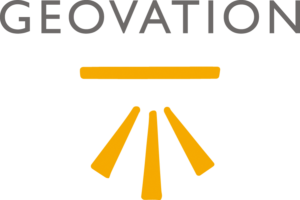 Location is everywhere, and our mission is to expand its use in the UK’s innovation community. So we’re here to help you along your journey to success. Get on board and let’s start with your idea…
Location is everywhere, and our mission is to expand its use in the UK’s innovation community. So we’re here to help you along your journey to success. Get on board and let’s start with your idea…
Learn more about Geovation and how they can help turn your idea into reality at geovation.uk
About The Next Geo
The Next Geo is all about discovering the people and companies that are changing the geospatial industry – unearthing their stories, discovering their products, understanding their business models and celebrating their success! You can read more about the series and the vision behind it here.
We know it takes a village, and so we are thrilled to have your feedback, suggestions, and any leads you think should be featured on The Next Geo! Share with us, and we’ll share it with the world! You can reach us at info@geoawesomeness.com or via social media 🙂


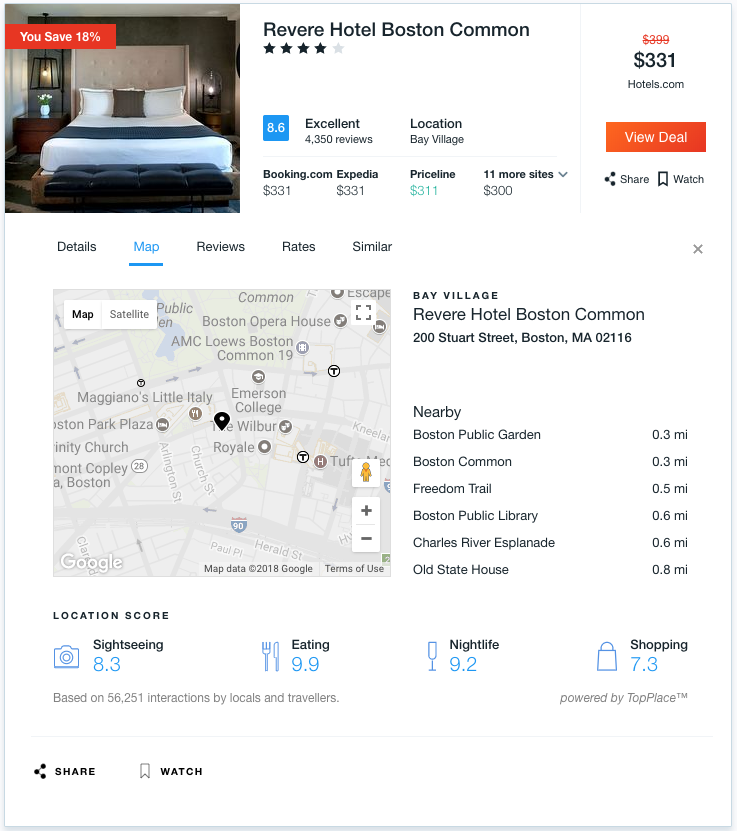
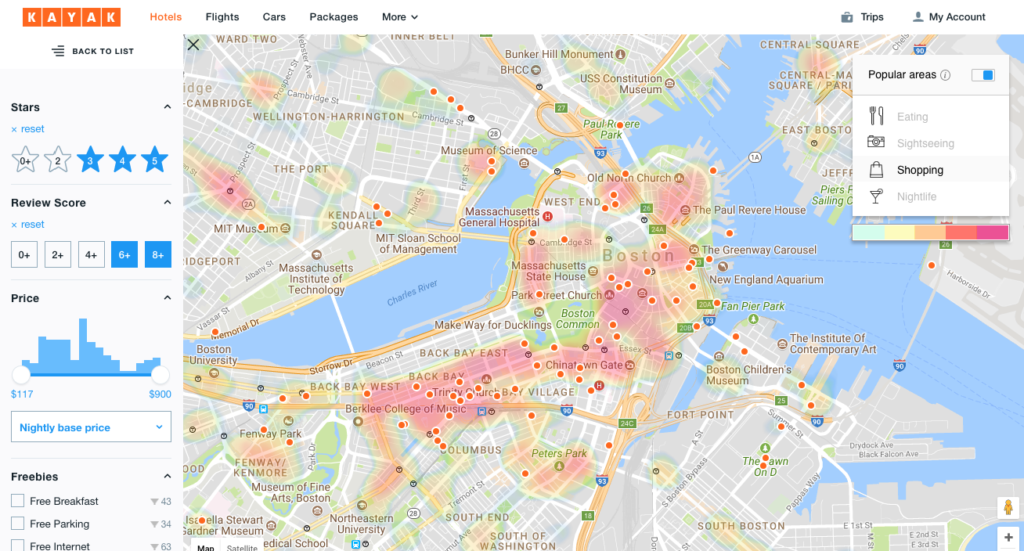



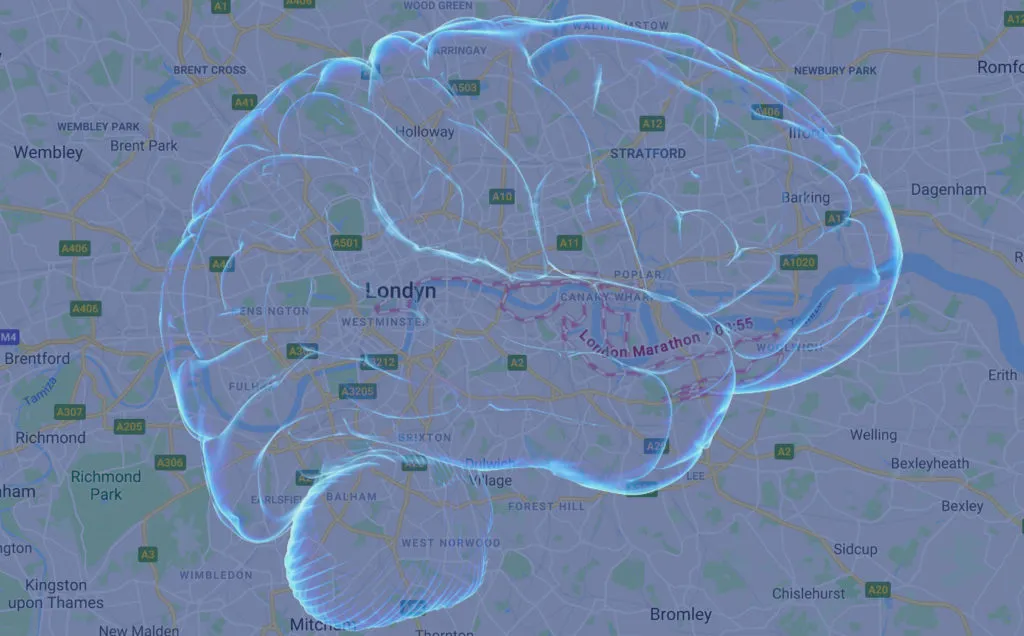

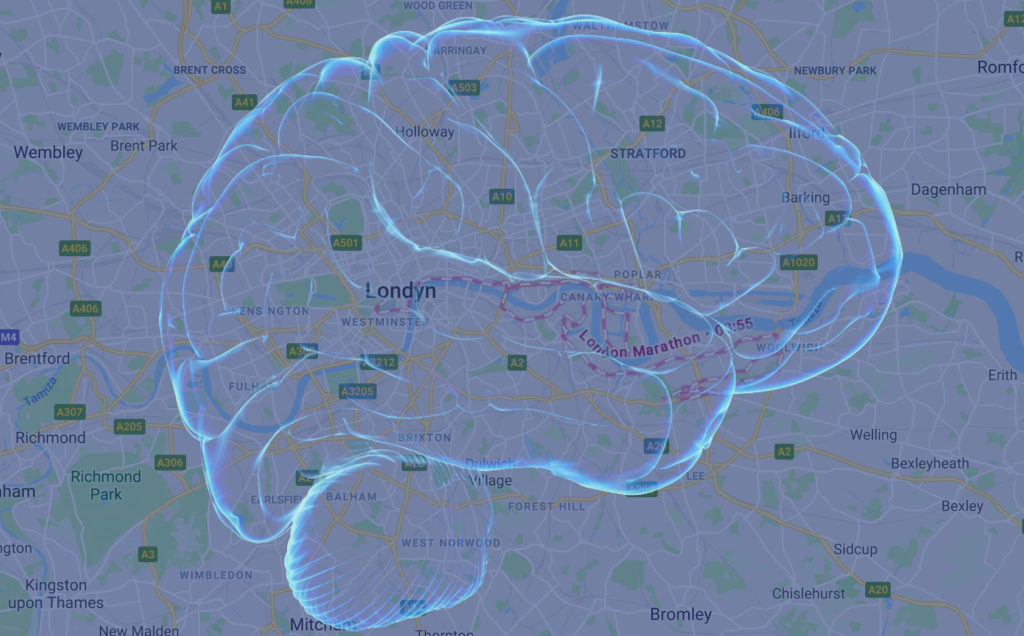 How do we navigate from A to B without GPS? How did we do it in the pre-GPS era? 15 years ago to avoid getting lost I used to search for things around me such as street names, road intersections, or landmarks on a paper map. This way I could figure out where I was on a map, plan routes and explore nearby geography.
How do we navigate from A to B without GPS? How did we do it in the pre-GPS era? 15 years ago to avoid getting lost I used to search for things around me such as street names, road intersections, or landmarks on a paper map. This way I could figure out where I was on a map, plan routes and explore nearby geography.